Our Reports
our work
Featured Reports
When it comes to market research or finding a new research provider, we understand you want to know we’ve got the experience and results to back it up. We can’t always spill all the details due to client confidentiality, but we’d love to give you a glimpse into the impactful work we do and how we’ve made a positive difference for our clients’ businesses.
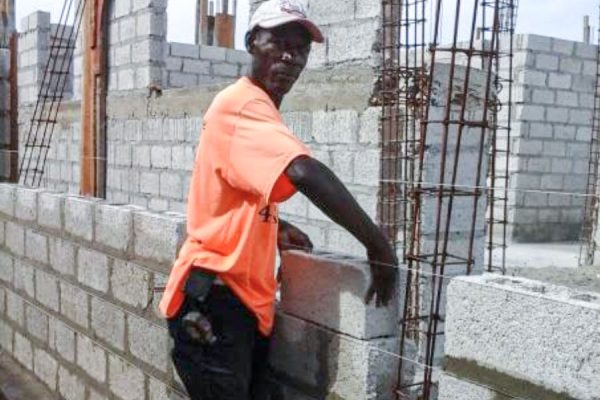
Market Assessment for Skills in the Agribusiness and Construction Sectors in the Saint Marc Region.
The research presented in this report was commissioned by the Local Enterprise and Value Chain Enhancement Project (LEVE) as part of a USAID-USDA program working with the Haitian Ministry of Agriculture, Natural Resources, and Rural Development (MARNDR) to rehabilitate three vocational schools
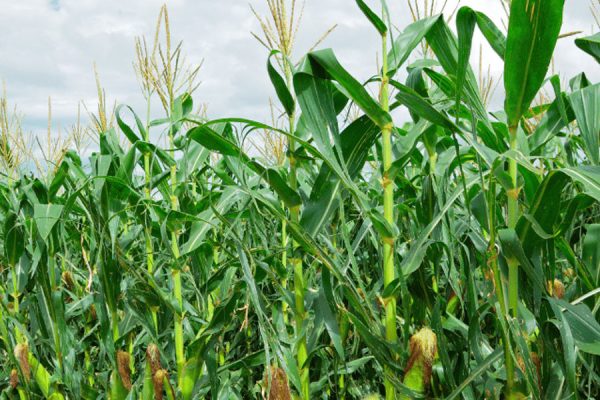
Maize and beans market systems analysis in Gressier. Market Assessment Facilitation for Goal Haiti.
This document presents the results of an analysis of the beans and maize market systems in Gressier, Haiti. The selection of the markets was previously carried out by Goal Haiti in line with their programmatic priorities. The backdrop for the market analysis is the recurrent drought which affects the system in general and, in particular, the smallholder farmers.
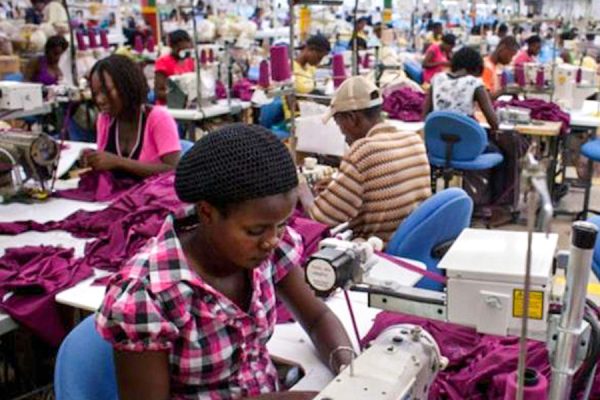
Poor Communities and Trade Programme. Fair Wage in Haiti: Assessment Report.
This report was commissioned by International Trade Centre’s (ITC) Ethical Fashion Initiative, a program designed to assist artisans. It examines the concept of a “fair wage” in the context of the cost of living and the prevailing wage scale within in Haiti. It concludes with a recommended wage scale for the artisan sector.
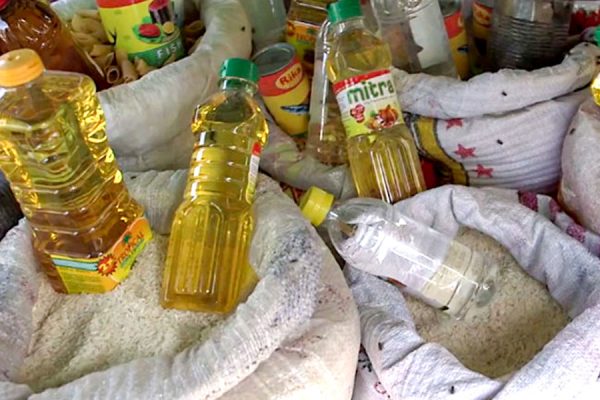
Edible Oil Market in Haiti. Monetization Marketing. ACDI/VOCA.
In 2008, with the approval of USAID Food For Peace officers, ACDI/VOCA initiated preparations for the monetization of a small lot of soy oil. The objective was to launch a pilot project ̳to explore a broadening of the income stream to Title II programs in Haiti‘.
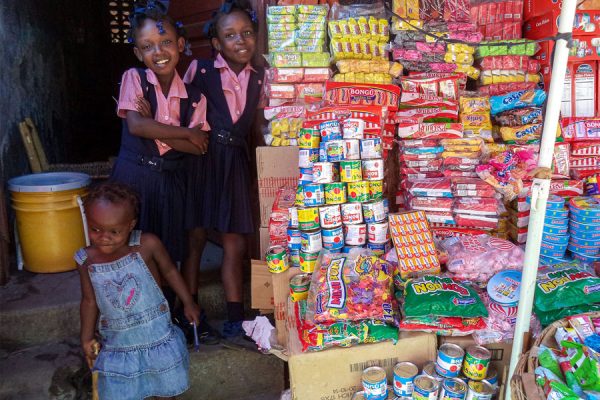
Assessing the Market Viability of High-Quality, Fortified Peanut-Based Foods in Haiti.
This report addresses what is arguably the most important issue in Haiti: getting nutritious foods into the stomachs of impoverished Haitian children. This is an area where the international development community can have both an immediate and long-term impact. Understanding how to accomplish this goal rest on 10 prosaic and interrelated facts about popular class Haitians and nutrition,
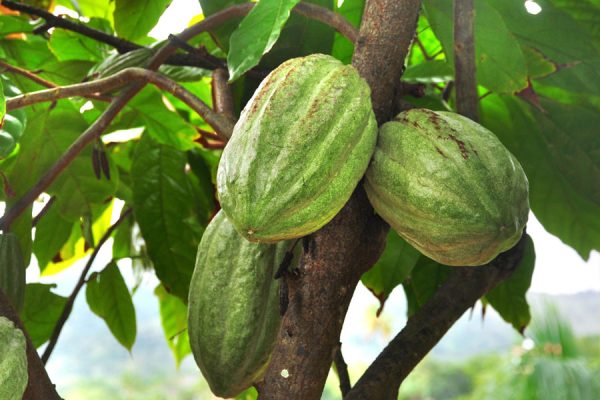
Haiti Cacao Impact Evaluation Baseline.
The research presented in this document was commissioned by CRS as a baseline for the project, “Creating Alliances In Cocoa For Improved Access And Organization In Haiti.” The project was designed and funded by the International Development Bank with the goal of developing Haiti’s long experience and potential as a regional cacao producer and bring increased revenues to the estimated 200,000 producing families engaged in cacao production.
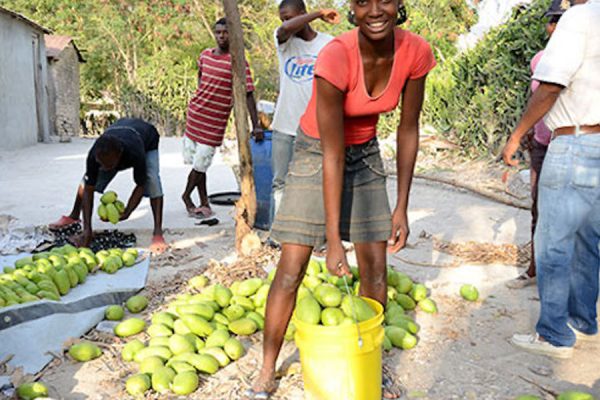
Haiti Hope Project 2015 Annual Survey and Evaluation.
The Haiti Hope Project’s primary objective is to raise the income of 25,000 mango farmers. The farmers will increase their income by over 100 percent on average after five years in the program. The primary objective of this report is to respond to the question, How well attuned was the Haiti Hope project strategy to promoting an increase in present and future revenues for Mango farmers and other mango supply chain actors.
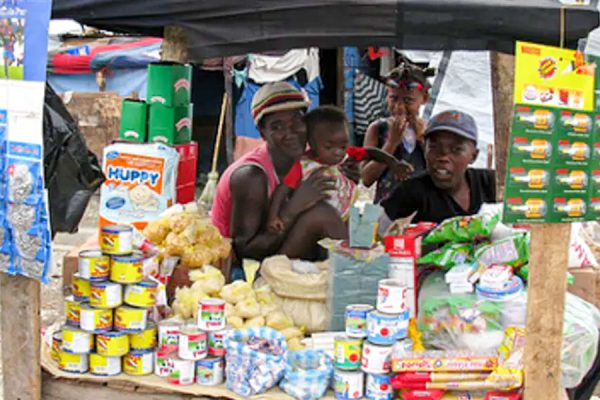
Plateau Central Market Research. Availability and pricing of a wide range of consumer products.
The market research presented in this report is drawn from several phases of investigation in Haiti’s Plateau Central (hereafter referred to as the Plateau) commissioned by the Clinton Foundation. The research was designed to assess the availability and pricing of a wide range of consumer products, including personal and household goods, non-perishable food, as well as tools and construction materials.
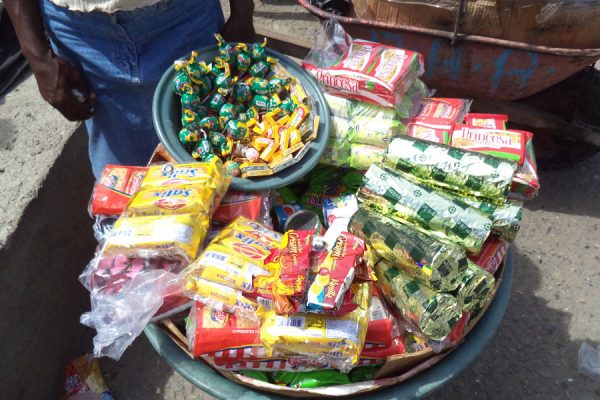
Popped Millet and Peanut Butter Market Research.
The objectives of the research are to identify the most popular snack food products already on the Haitian market, understand the formal market distribution channels for snack foods, obtain a profile of turnover rates for snacks at the different distribution levels and a scaled profile of wholesale and retail prices for snack foods.
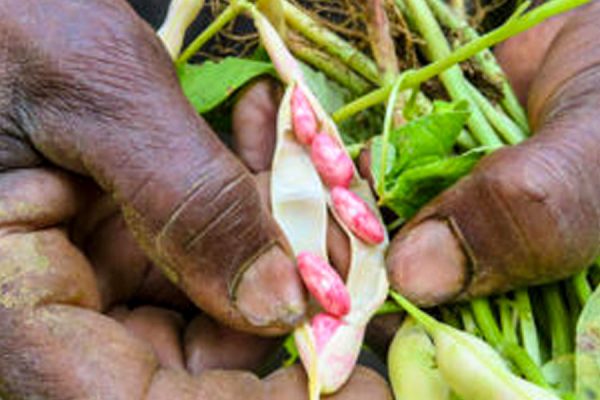
Pre-crisis Market Mapping and Analysis (PCMMA) Training and Market Assessment Facilitation Beans and Corn Gressier, Haiti.
This document presents the results of a Pre-Crisis Market Mapping and Analysis (PCMMA) undertaken for GOAL Haiti, focused on seasonal drought affecting the maize and beans market systems. Both products are important in the target region, Gressier, Haiti. On the one hand they represent a critical source of income for rural producers.

Post Sandy Fishing Assessment for Grand Anse and Nippes.
This study responds to a tender from The German Red Cross (GRC). The GRC is working in partnership with the International Federation of the Red Cross, Red Crescent Societies (IFRC) and the Haitian Red Cross (HRC) to decide how to best direct post hurricane Sandy Livelihoods/Food Security interventions to fishing communities in the Departments of the Grand Anse and Nippes.
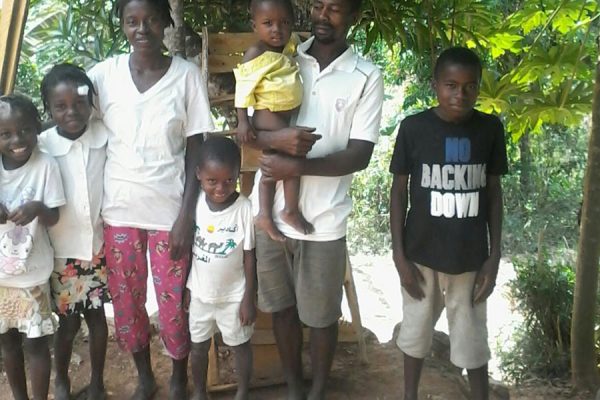
Rural household livelihoods in four Grand Anse communities.
This report examines life in the rural Grand Anse from the perspective of resiliency and adaptation. People living in the region are adapted to 200-plus years of natural and manmade calamities. Natural calamities include droughts, floods, hurricanes, and earthquakes.
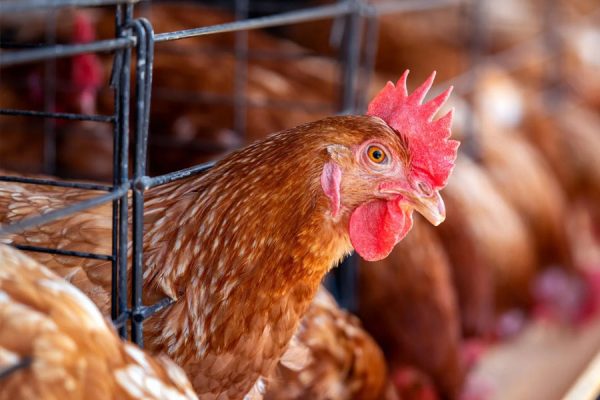
Right to Livelihoods in Haiti. Focus on egg production and rural household livelihood strategies.
This report focuses on egg production in Haiti with an emphasis on popular class rural household livelihood strategies. The study ultimately addresses the question, if equipped with the proper technological resources and financial support, could these households provide significantly more eggs to the national population? Special attention is given to production operations in Department of the South.
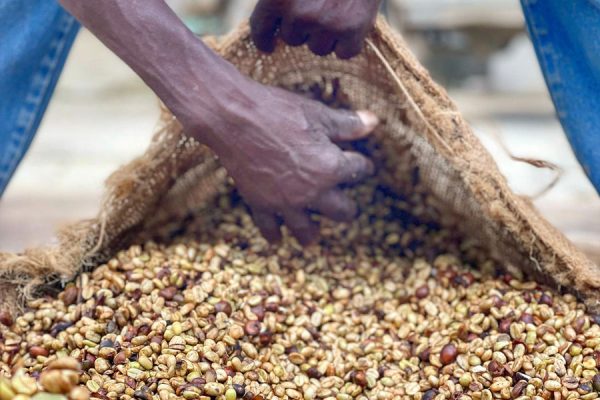
Impact Evaluation: Root Capital & Union des Coopératives Caféières de Baptiste (UCOCAB).
This report describes baseline data collected to help assess Root Capital’s impact on coffee production in one of its target regions of Haiti. The survey focused on farmers in the Savannette-Baptiste area of the Departement du Centre. The data offers a comprehensive picture of production levels, income from coffee, preferred tree varieties, tree planting and maintenance, inputs, and other key coffee growing practices of coop Members.
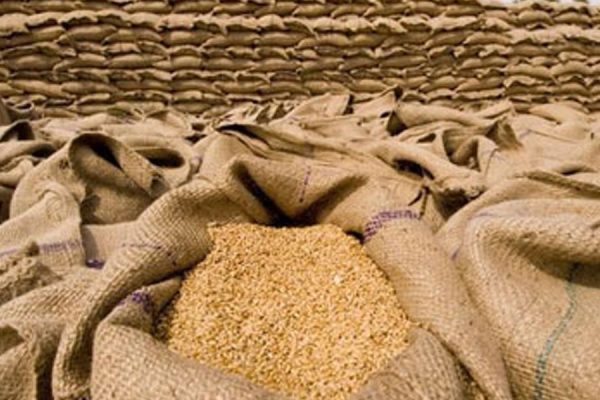
Post-Earthquake Wheat Flour Monetization in Haiti.
Wheat flour monetization is not in the interest of developing the Haitian economy, not in the interests of the peasants who cultivate products that could replace foreign subsidized wheat flour, and not in the interests of the importers who, if they were assured that the U.S. government was not going to import a massive quantity of wheat flour would, in response to high prices, move to fill the demand.
